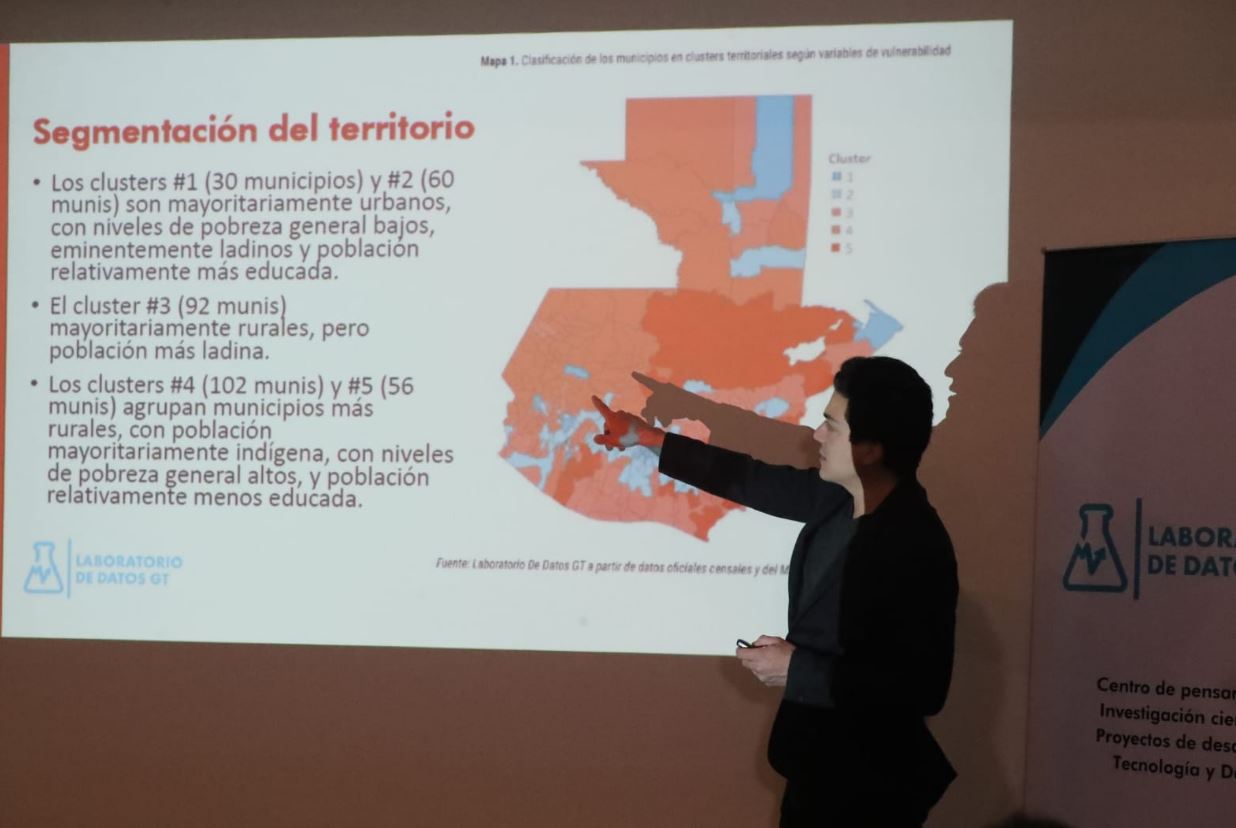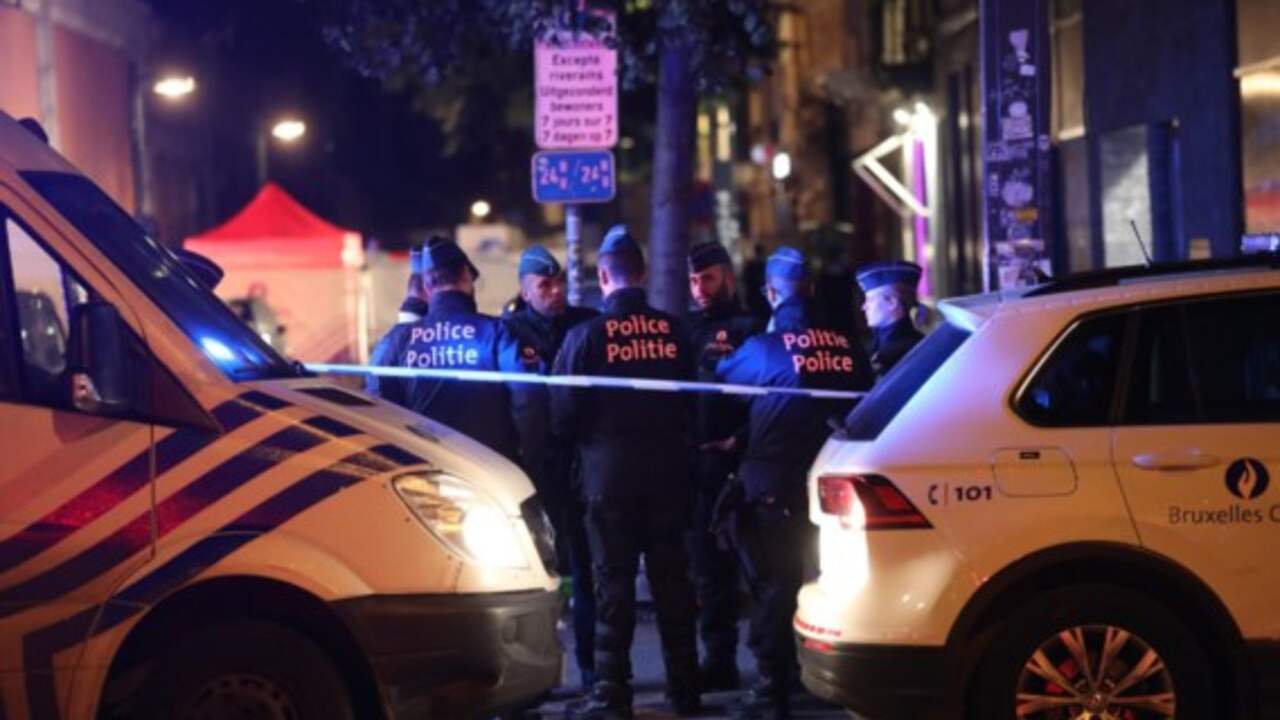The coronavirus pandemic is not over and countries like Guatemala have relaxed prevention measures and this generates some concern in various sectors because the national territory has one of the lowest vaccination levels in the world, under 40% of the population with a complete scheme. .
The World Health Organization (WHO) has recommended countries to respect 70% of vaccinations with the full schedule (two doses), but Guatemala is lagging behind.
The Data Laboratory, in alliance with Oxfam, presented on Thursday 10 the study entitled Covid-19 vaccination and vulnerable populations: inequality and institutional barriers to access to vaccination.
In March 2023, Guatemala will celebrate 3 years after detecting the first case of coronavirus and despite the millions of quetzals invested in the purchase of vaccines and the donations received, the country has reached only 70% of vaccinations with a complete schedule in 5 municipalities, all urban, according to the organizations that presented the study. .
The entities reported that the country was divided into 5 groups of municipalities, to study how vaccination against covid-19 was developed.
The analysis revealed that only 5 municipalities achieved 70% vaccination with two doses, mainly in the Guatemalan department.
The municipalities that have reached this percentage are:
- Guatemalan, Guatemalan
- Progress, Jutiapa
- El Tejar, Chimaltenango
- San José del Golfo, Guatemala
- Old Guatemala, Sacatepequez
Less than 40%
In Guatemala’s rural municipalities, according to the study, vaccination against covid-19 is 40 percent, with two doses.
This scarce coverage, they say, is crossed by criteria of racism and discrimination, following the decisions of the government and the Ministry of Health, called to avoid them.
The study indicates that to reach 70% of the Guatemalan population vaccinated with a full program, there are still 9.15 million doses and 3.64 million to cover at least one dose of vaccines.
It was estimated that by June 2022 there were only about 1 million doses of vaccines available and currently the government has suspended all purchases of organic products and by 2023 the prospects are even worse.
The data show that the vaccination strategy implemented by the Ministry of Health was only central and urban. Municipalities with the largest indigenous, rural and poor populations were not adequately considered and lag behind.
The analysis also points out that the conditions of inequality have been replicated by “a public health system weakened by the neoliberal policies that have prevailed in the country since the 1990s”.
Furthermore, it should be noted that in the municipalities with the greatest inequality, the National Vaccination Plan did not carry out as a priority even the inhabitants at the highest risk of mortality, that is, those whose age is over 50 years old.
The study also determines that the vulnerable population still does not have access to vaccines.
expired vaccines
In Guatemala, 7.78 million doses of vaccines have already expired. This figure includes 1.53 million of the Moderna brand donated by the US government; 1.43 million doses of Astrazeneca and 4.82 million of Sputnik V, both purchased by the government.
This loss is equivalent to approximately Q471.4 million for the country.
The organizations point out that one of the reasons for this situation is the government’s decision to consent to late delivery of the Sputnik V vaccine and the lack of sufficient cold chain infrastructure for the vaccine.
Immune barriers
The study states that with the current level of vaccination in Guatemala it is almost impossible to reach the standards set by the WHO and that barriers have been identified that have made it difficult to reach the minimum levels, among which purchase and access stand out. vaccine vaccines, the design of the vaccination plan and the implementation of vaccination.
He notes that the government also initially argued that the lack of vaccines was the limit, but the Data Laboratory points out that this excuse was valid only between February and June 2021.
The study documents that between June 2021 and April 2022 there was an abundance of vaccines but the conditions to accelerate vaccination were not implemented. Furthermore, although there were financial resources, there was no institutional capacity or willingness to implement multimodal strategies suited to a heterogeneous population or to the territorial situation.
The analysis also indicated that the pandemic in Guatemala has so far been estimated to have resulted in 54% more deaths than expected.
He points out that when recorded mortality is segregated on the basis of ethnic criteria, it is established that although there is a lower absolute mortality rate for the indigenous population, the excess mortality was greater in this group of people.
Position of the Ministry of Health
The Ministry of Health was consulted about the study and replied that there are approximately 67,000 vaccines in the country, including AztraZeneca and Moderna.
He adds that an average of 3,000 vaccines have been administered daily in the last few weeks.
“The Ministry of Public Health is awaiting vaccines for both donation and purchase in the coming weeks,” added official information.


